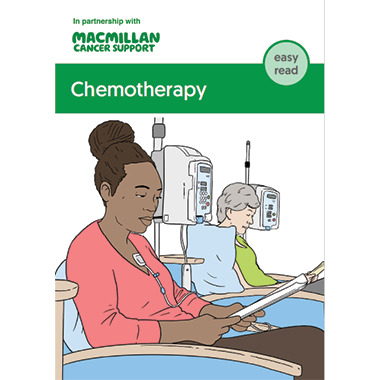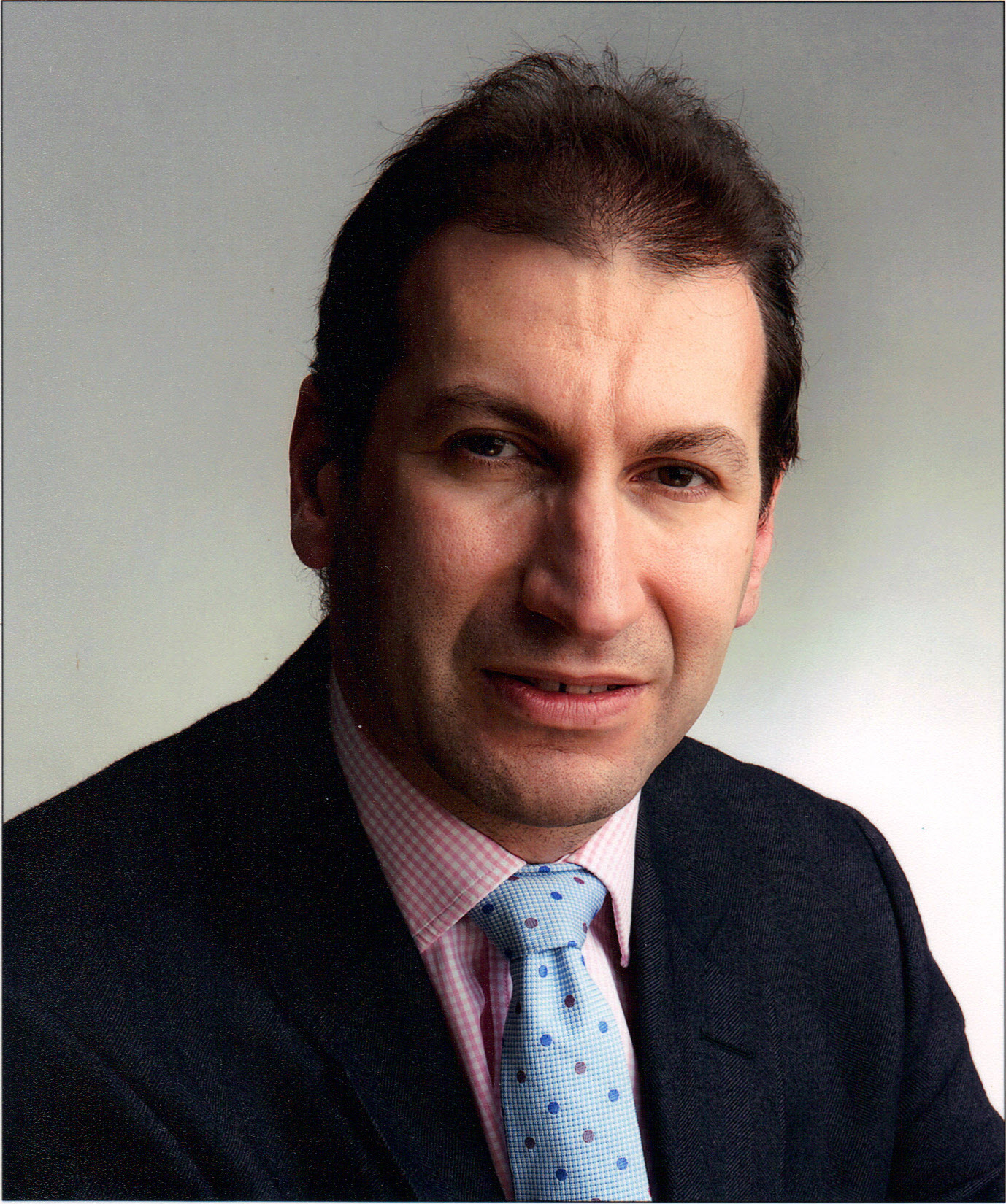Cancer drug treatments for bile duct cancer
Chemotherapy may be used after surgery or to help control symptoms. Targeted therapy drugs and immunotherapy can sometimes be used to treat bile duct cancer.
Chemotherapy for bile duct cancer
Chemotherapy uses anti-cancer (cytotoxic) drugs to destroy cancer cells. For bile duct cancer, it may be given to:
- reduce the risk of cancer coming back after surgery
- try to shrink or slow the growth of the cancer
- help improve symptoms, such as pain.
Chemotherapy after surgery
If you have had surgery to remove bile duct cancer, you will usually be offered chemotherapy afterwards. This is called adjuvant treatment. The aim of treatment is to reduce the risk of the cancer coming back. The treatment is usually 8 cycles of a drug called capecitabine. Capecitabine comes as tablets you can take at home. Each cycle takes 3 weeks.
Chemotherapy for advanced bile duct cancer
You doctor may suggest chemotherapy if it is not possible to remove the cancer with surgery. The aim of treatment is to try to control the cancer and help improve symptoms. You may have an immunotherapy drug with the chemotherapy.
Related pages
Chemotherapy drugs used to treat bile duct cancer
The chemotherapy drugs most commonly used to treat bile duct cancer are:
- capecitabine
- GemCis – gemcitabine and cisplatin given together.
Other drugs that may be used include:
- fluorouracil (5FU)
- oxaliplatin
- FOLFOX – fluorouracil and oxaliplatin given together.
Possible side effects of chemotherapy
Chemotherapy drugs may cause side effects. But they can also help improve the symptoms caused by the cancer. This can help you feel better. Most people have some side effects, but these can usually be controlled with medicines. The side effects usually stop after treatment has finished. Your doctor or nurse can tell you more about what to expect.
We have more information about the side effects of chemotherapy.
Booklets and resources
Targeted therapy for bile duct cancer
Targeted therapy drugs target something in or around the cancer cell that is helping it grow and survive. They are used to treat bile duct cancers that have a change in certain genes. This is called personalised or precision medicine. The cancer cells will be tested to see whether a targeted therapy might be effective.
A drug called pemigatinib (Pemazyre®) can be used to treat locally advanced or advanced bile duct cancers that have a change in a gene called an FGFR2 fusion. This usually only happens in intrahepatic bile duct cancers. It is given to people who have already had chemotherapy. Pemigatinib is a tablet that you can take at home. You usually take it for as long as it is working and side effects are well managed.
Ivosidenib (Tibsovo®) is another targeted therapy drug that can be used to treat locally advanced or advanced bile duct cancers that have a change in a gene called IDH1. This happens in some intrahepatic bile duct cancers. It is given to people who have already had chemotherapy. Ivosidenib is a tablet you can take at home. You usually take it for as long as it is working and side effects are well managed.
A drug called futibatinib has been shown in trials to be effective at treating bile duct cancer. Other drugs are also being researched.
Possible side effects of targeted therapy
The side effects of targeted therapy drugs vary.
Side effects of pemigatinib include:
- feeling sick (nausea)
- diarrhoea
- constipation
- hair loss
- effects on the eyes tiredness.
Side effects of ivosidenib include:
- feeling
- sick (nausea) and being sick (vomiting)
- diarrhoea
- loss of appetite
- anaemia
- tiredness.
Your doctor and specialist nurse will be able to tell you more about these treatments.
Related pages
Immunotherapy for bile duct cancer
Immunotherapy drugs use the immune system to find and attack cancer cells.
Durvalumab is an immunotherapy drug you may have with the chemotherapy drugs gemcitabine and cisplatin. This combination can be used as the first treatment for bile duct cancer that:
- is locally advanced and not suitable for surgery (unresectable)
- has spread to other parts of the body.
Your doctor and specialist nurse will explain your treatment to you. Durvalumab can cause some side effects. These include diarrhoea or tummy pain, changes to the lungs and skin changes.
Other immunotherapy drugs are being researched to see whether they will be effective at treating bile duct cancer.
Related pages
About our information
This information has been written, revised and edited by Macmillan Cancer Support’s Cancer Information Development team. It has been reviewed by expert medical and health professionals and people living with cancer.
-
References
Below is a sample of the sources used in our bile duct cancer information. If you would like more information about the sources we use, please contact us at informationproductionteam@macmillan.org.uk
Vogel, A. et al. Biliary tract cancer: ESMO Clinical Practice Guideline for diagnosis, treatment and follow-up. ESMO Annals of Oncology. 2022. 34,2; 127-140. Available at: pubmed.ncbi.nlm.nih.gov/36372281/ [accessed March 2023]
Lowe, R.C. et al. Clinical manifestations and diagnosis of cholangiocarcinoma. UpToDate 2023. Available at: www.uptodate.com/contents/clinical-manifestations-and-diagnosis-of-cholangiocarcinoma [subscription only, accessed March 2023]
Pemigatinib for treating relapsed or refractory advanced cholangiocarcinoma with FGFR2 fusion or rearrangement 2021. National Institute for Health and Care Excellence (NICE). Available at: www.nice.org.uk/guidance/ta722/resources/pemigatinib-for-treating-relapsed-or-refractory-advanced-cholangiocarcinoma-with-fgfr2-fusion-or-rearrangement-pdf-82611190679749 [accessed March 2023]
Date reviewed

Our cancer information meets the PIF TICK quality mark.
This means it is easy to use, up-to-date and based on the latest evidence. Learn more about how we produce our information.
The language we use
We want everyone affected by cancer to feel our information is written for them.
We want our information to be as clear as possible. To do this, we try to:
- use plain English
- explain medical words
- use short sentences
- use illustrations to explain text
- structure the information clearly
- make sure important points are clear.
We use gender-inclusive language and talk to our readers as ‘you’ so that everyone feels included. Where clinically necessary we use the terms ‘men’ and ‘women’ or ‘male’ and ‘female’. For example, we do so when talking about parts of the body or mentioning statistics or research about who is affected.
You can read more about how we produce our information here.







